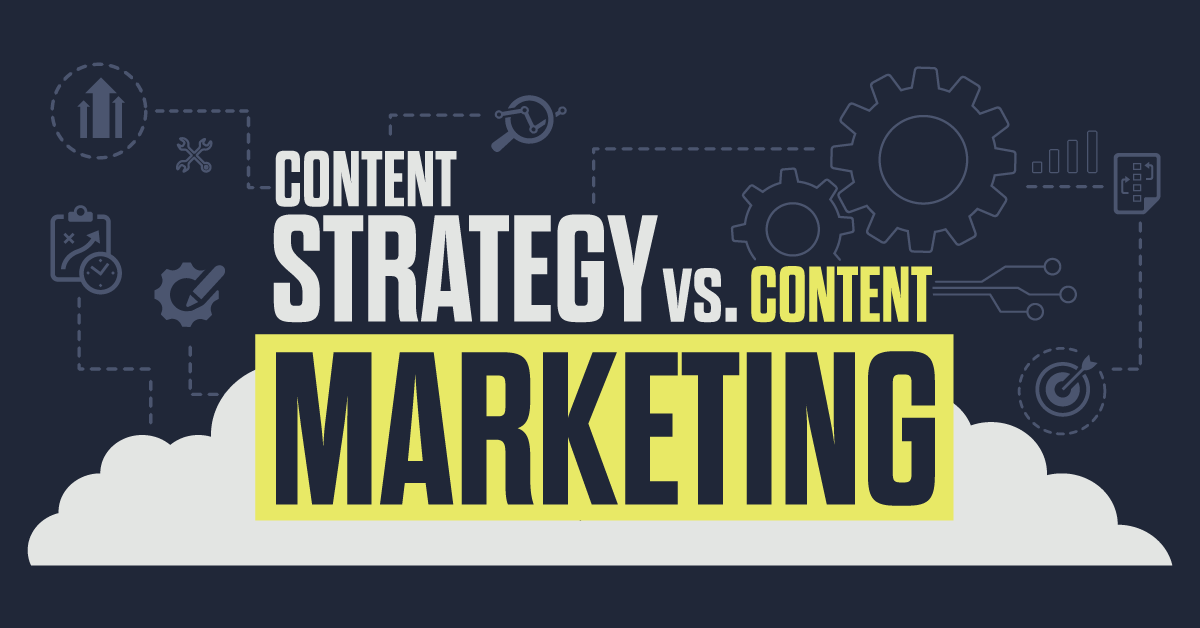Before I entered the world of advertising and marketing, I was a paper salesperson working with commercial printing companies throughout central Iowa. It was a humbling first “real” job. Honestly, I was just marginal in the couple of years I was there. But 30-some years later as I debate with coworkers if I was more of a Jim Halpert or Dwight Schrute, I still lean on that experience for insights on how marketing can have a significant impact on sales success.
Strong Brand = Sales Confidence
In terms of market share and brand awareness, the company I worked for was probably fourth out of five or six companies in the market. We were a regional company competing against national companies with much greater clout, visibility and resources. Too often, our sales team felt the need to introduce (or re-introduce) the company to customers. As a marketer, that challenger position is fun to work from. For a salesperson, it’s tough.
So much of sales success comes from confidence. If a salesperson feels they need to sell the brand before they can sell the product, they’ll lose confidence. When they go into a sales call and the customer already knows the brand, they’ll be in a better position. In short, a strong brand creates sales confidence.
Smart Insights = Effective Sales Tools
If you’re in marketing and you’ve never been on a sales call, go! You learn so much about how a salesperson approaches customers, the tools they use and the tools they could use. Being in the field can give you great insights to help you understand what kind of sales tools could be most effective.
Here are a few questions to ask yourself on a sales call:
- Who is the decision-maker?
- Is the customer easy or difficult to meet with?
- What words does the salesperson use? What questions do they ask?
- How does the customer describe their work and challenges?
- How much information does the customer need?
- How does the customer talk about our competitors?
- Who influences a sale?
- How does the sale actually happen?
Information like this can be invaluable in developing strategies that help marketing make sales more effective.
The Right Resources = A Reason to Sell
Salespeople typically have a list of clients and prospects. They may even represent more than one product or brand. Their job is to meet with customers who have their own work to do — and may not have time to visit with salespeople. But they’ll make time if those meetings are valuable.
The best paper mills my paper company represented would provide samples of their product used in great printing jobs. Automotive catalogs. Wall calendars. Unique maps. Printing requires a lot of craftsmanship, so customers appreciated seeing these in person. They could often show them to their own customers.
Part of our job as marketers is to figure out what will make it easier for the salesperson to meet customers and tell your story. If you don’t do that, they won’t go. Or they’ll sell products from a brand that gives them a reason to get out there and make sales.
Sales Incentives = Motivation
As a marketer, you think about how you can incentivize the customer to buy — whether it’s a coupon, rebate or special financing. But think about this: The customer must get the incentive somehow. What if a salesperson is the messenger? You need to give them an incentive to sell.
I remember one paper mill had a promotion just for salespeople. There was no discount for the customer, just a spiff (sales performance incentive fund) for every box of product sold in the month. I guarantee we sold more of the product than we ever had before.
It’s smart to think of the end user and incentivize them to buy. But if you’re not thinking about how the program plays out through the salespeople, you might be missing opportunities to make your promotion even stronger.
Customer Relationship Management = Better Customer Insights
I probably had 40 customers when I was selling paper. Each one had different needs. Some were smaller printers that could only print on certain sizes of paper. Some exclusively printed uncoated paper because they only ran one- or two-color presses. Some wanted to buy from paper mills that were union-run because they had contracts that required it. I learned those differences over time — and kept it all in my head. When I left, almost none of the information was transferred to a new person.
Salespeople are notoriously resistant to using customer relationship management (CRM) tools because they’re often cumbersome and time-consuming. It can be hard to see the value. But collecting customer information is invaluable.
It makes it easier to track key contacts, product preferences, business details or whether they’ve bought from a competitor. Keeping all that information can get others up to speed quickly to serve customers. In a world where customers expect customized service, selling the value of a CRM system to salespeople (and using it to help support their work) is a must. Plus, it makes marketing efforts much more effective.
Training = Marketing to Your Salespeople
If you’re a salesperson, training sucks. But it doesn’t have to. I remember sitting in a small conference room with our sales team, sacrificing two hours of our time to listen to a mill rep talk about their new product. The box of donuts offered in exchange for our time wasn’t worth the technology fumbling and the less-than-inspirational presentation.
Marketing can (and should) play a role in making training educational AND entertaining. It’s the same philosophy when marketing to your end customer. What is the one thing you want the salesperson to take with them? And how are you going to make it memorable?
You need to make your salespeople experts in your marketing. If what your customers hear from you and your sales team don’t match, they’ll get confused. And when customers are confused, they don’t buy.
One of the most important things you can do as a marketer is to understand the sales process. You can uncover great insights that help you do a better job marketing — and help your sales team be more effective. And when that translates into more sales, everybody’s happy.
Looking to align your sales and marketing efforts? The Lessing-Flynn team is made up of marketers who dive deep into client industries to understand what consumers — and salespeople — need and want. Get in touch to find out how we can help.
LF Newsletter Alert
Want Lessing-Flynn to rock the socks off your inbox with insights and more?




